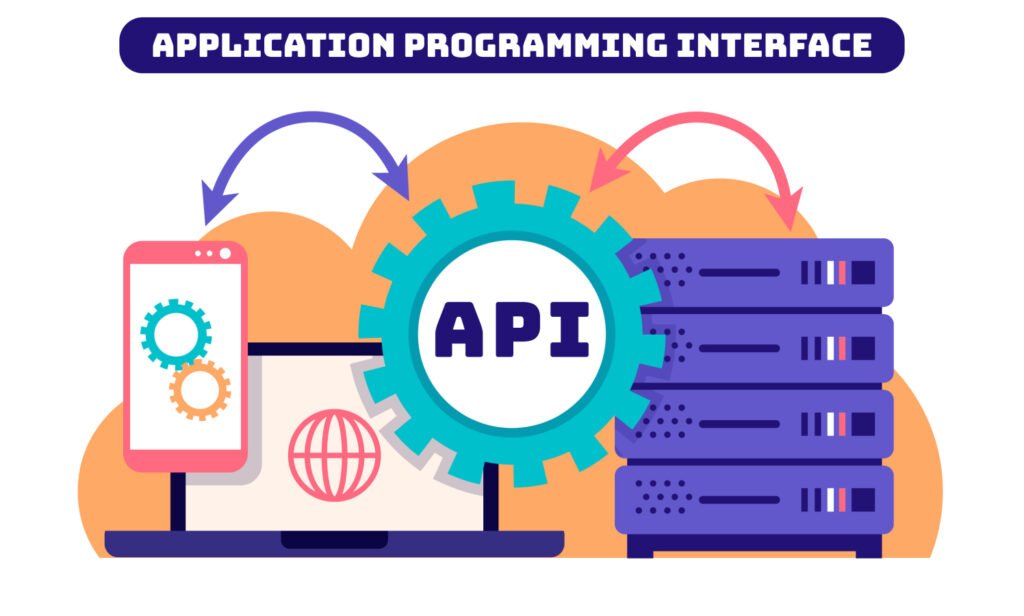The Role of APIs in Everyday Apps
In today’s fast-paced digital world, the apps we use daily — whether for social media, shopping, navigation, or even fitness — rely on a powerful yet often invisible technology: APIs (Application Programming Interfaces). APIs are essential to making these apps functional, seamless, and interconnected. But what exactly are APIs, and why do they play such a crucial role in everyday apps?
What is an API?
At its core, an API is a bridge that allows two applications to communicate with each other. It enables one app to request data or functionality from another without needing to know how that other app works internally. This is similar to how a waiter in a restaurant communicates your order to the kitchen and brings your food without you needing to know the intricate details of how the meal is prepared.
Why are APIs Important?
- Seamless Integration APIs allow different systems, apps, and services to integrate smoothly. For example, think about a weather app on your phone. That app doesn’t have its own meteorological data. Instead, it connects to a weather service API that provides up-to-date weather information. Similarly, when you log into an app using your Facebook or Google account, an API is facilitating that connection and securely sharing your login credentials.
- Enhanced Functionality APIs allow developers to add features to their apps without building everything from scratch. For instance, many e-commerce apps use payment APIs like Stripe or PayPal to process transactions. This saves developers from creating complex payment systems and ensures that users can pay securely and quickly.
- Access to Real-Time Data Many apps require access to live data — whether it’s stock prices, social media updates, or news feeds. APIs provide this access. Social media apps like Instagram or Twitter rely heavily on APIs to pull new content, likes, and comments in real-time. Without APIs, apps would have to store massive amounts of data locally, making them bulky, slow, and inefficient.
- Automation and Efficiency APIs automate processes between apps, improving user experiences. Think about travel apps that show you flight or hotel options. These apps pull real-time availability, pricing, and booking information from airline or hotel databases via APIs. Users get immediate access to what they need without leaving the app, and businesses can automate transactions efficiently.

Examples of APIs in Everyday Apps
- Google Maps API Many apps integrate Google Maps to provide location-based services, from ride-hailing services like Uber to food delivery apps like DoorDash. These apps leverage Google Maps’ API to offer accurate directions, calculate distances, and suggest routes.
- Social Media APIs Almost all social platforms provide APIs. For example, Instagram’s API allows apps to embed feeds, share content, or fetch user data. News apps or websites often pull social content using these APIs to make their platforms more interactive and up-to-date.
- Payment APIs Online shopping and financial apps rely on payment APIs like Stripe, PayPal, or Square to handle secure transactions. These APIs make the payment process straightforward and secure for both users and businesses.
- Voice and AI Services Apps like Siri, Alexa, and Google Assistant leverage APIs to pull data from multiple services — whether it’s checking the weather, setting reminders, or controlling smart home devices. These APIs make voice commands not only possible but intuitive.
The Future of APIs
As the app ecosystem continues to grow, the role of APIs will only become more significant. APIs are evolving with advanced functionalities such as machine learning, artificial intelligence, and automation, empowering developers to build smarter, more responsive apps.
For example, APIs like OpenAI’s GPT are ushering in new ways for apps to interact with users through natural language processing. The rise of the Internet of Things (IoT) also hinges on APIs, enabling devices like smart fridges, watches, and even cars to communicate with one another.
APIs are the unsung heroes behind most of the apps we use daily. They enable connectivity, streamline app development, and provide users with smooth, feature-rich experiences. As technology advances, APIs will continue to be the backbone of app ecosystems, driving innovation and making our digital lives more efficient and integrated.
The next time you order food online, book a ride, or check your social media feed, remember: behind every tap, an API is quietly at work, making everything possible.








